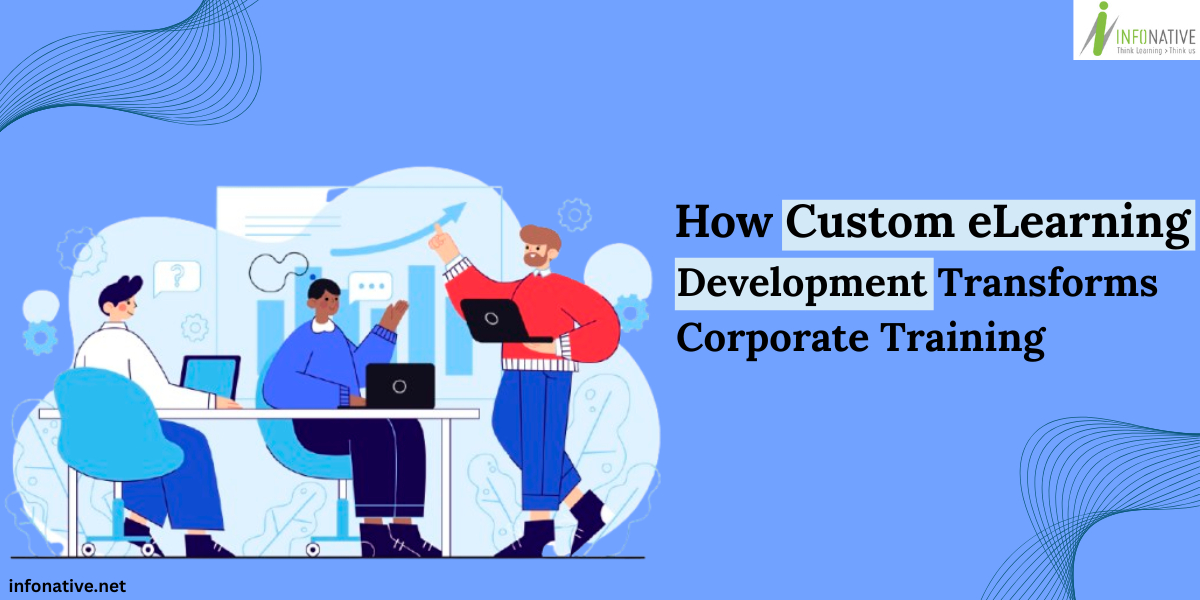

Just one habitually offensive employee positioned in the top of your organization can suck out millions in lost employees, lost customers and lost productivity. - (PsycINFO (c) 2018 APA
Being a high-performing organization is not just about having the most talented, qualified workforce. It’s about them being able to work together as a team, for the benefit of the organization’s success. Behavioural skills directly influence your employees’ ability to interact with clients and amongst each other. Therefore, a lack of these skills can definitely lead to frustration, conflict, and ultimately decreased productivity.
Behavioural changes are very difficult to implement in the first place and are hard to sustain due to the lack of a right environment and support system. Not only that, most behavioural programs focus on imparting knowledge rather than helping participants identify their own personal challenges, why they need to change and methods to help them through these changes. This leaves participants demotivated and the result is that they make no attempt to change.
Infonative has spent over hundreds of hours in developing behavioural training modules and can design effective courses by choosing the traits that are unique to different teams in your organization. In order to achieve this, we follow a systematic approach of:
• Assessing the current program analyze current challenges in the teams and assess whether the existing programs will address these issues or need any improvement.
• Profiling audience in terms of specific requirements of their roles with respect to their teams – conflict management, handling change, collaboration etc.
• Articulating the to-be state in terms of content, design, performance objective, technology, available infrastructure, localization etc.
• Presenting an approach that is sufficiently detailed to provide an adequate understanding of the topic with effective, contextual examples and simulations.
• Building a prototype and carry out a full-scale development after the prototype is approved.
• Making the training courses translation friendly if any foreign or regional language translation or localization is required for a wider audience.

We at Infonative focus on the following aspects that are critical for the success of leadership training:
to real on-the-job situations that they may encounter everyday
and reinforcing the skills learned during training
scenarios using real-life dialog simulations and appropriate feedback
in behaviour over time with the help of their managers

interact with fictious characters in a simulated environment
to provide impactful, just-in-time actionable response
simulations that mirror real-world situations
for increased engagement and informal learning

The world of instructional design is undergoing one of its most significant transformations to date. As organisations demand faster development cycles, more personalised learning experiences, and greater efficiency, AI agents have emerged as a breakthrough technology—especially in the field of storyboarding. Traditionally, creating instructional storyboards has required extensive time, manual effort, and cross-functional collaboration. Today, AI agents are redefining this process, offering unparalleled automation, accuracy, and creative support.
View
As businesses evolve in the digital era, the need for efficient and scalable learning solutions continues to rise. Corporate training has shifted from traditional classrooms to interactive and data-driven eLearning experiences. India has become a global hub for innovative and cost-effective digital learning services. Here’s a detailed look at the Top 10 eLearning companies in India in 2025 that are redefining workplace learning with creativity, technology, and measurable performance outcomes.
View
In the modern digital workplace, continuous learning has become a vital component of organisational growth. Conventional training approaches—such as classroom sessions or standardised modules—are steadily giving way to custom eLearning development. Bespoke digital learning solutions enable organisations to upskill their workforce effectively, boost engagement, and deliver measurable results that align with business objectives.
View